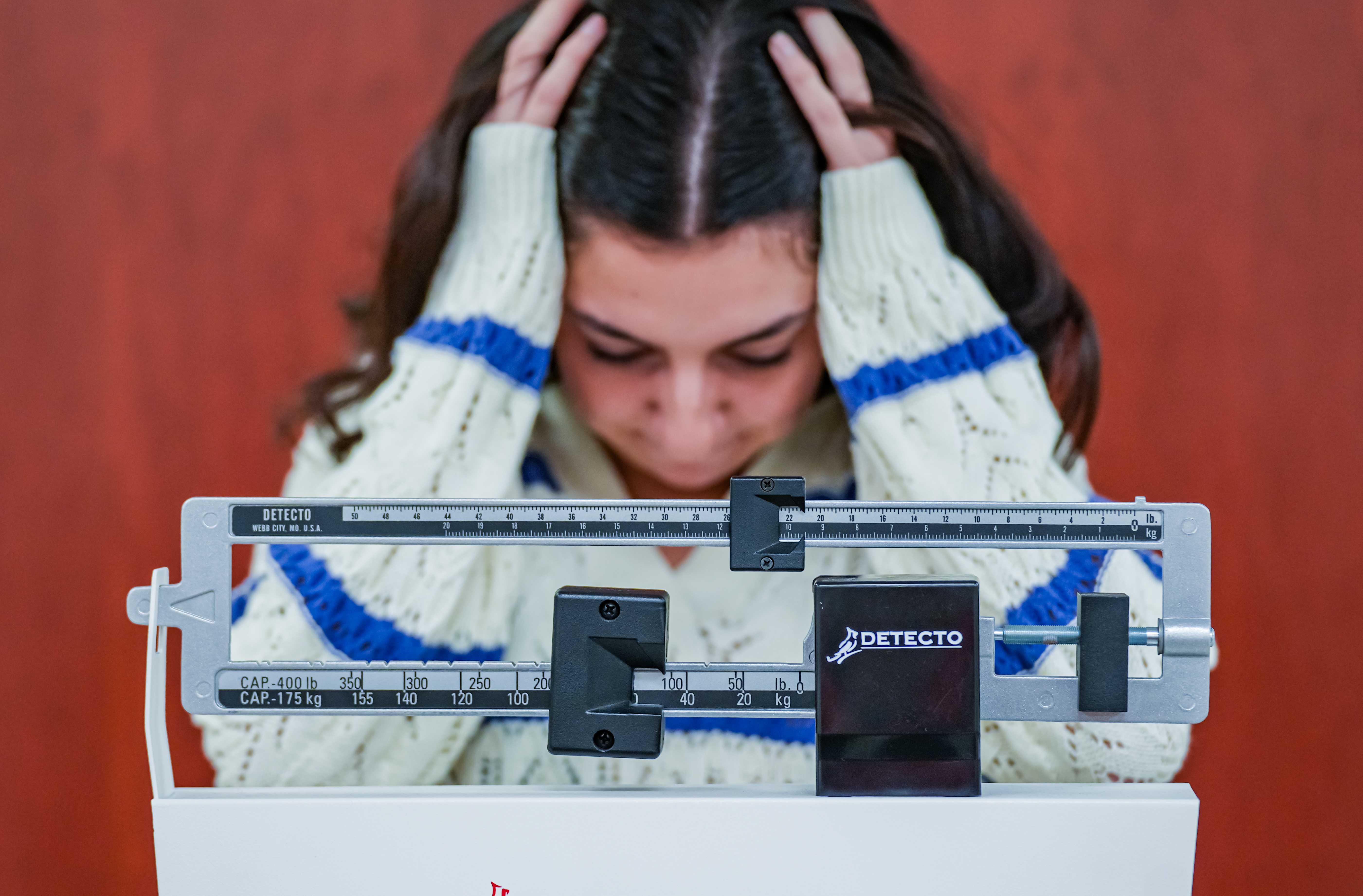
By Julia Goldman
Social media has brought on psychological consequences for young women.
It not only causes women to experience body dissatisfaction, it causes self objectification and impacts their self worth. The introduction of social media and its massive growth has changed the meaning of the “idealized female body type” within the United States.
This standard for women was challenged in 2012 by The Body Positivity Movement— the first massively popular online movement that challenged the influential culture of unobtainable and toxic standards that represent women.
Despite this, The Body Positivity Movement ultimately failed and was simply a passing trend in the rapid changing social perception of the idealized female body type. The movement caused psychological consequences on young women.
The Body Positivity Movement began and reached popularity from plus size model Tess Holiday on Instagram using the hashtag #Effyourbeautystandards. The movement had a lot of success, with countless posts using multiple body positive hashtags- the result however, was disheartening.
Despite the movement representing a demand for change in societal standards, the reality of The Body Positivity Movement failed in its representation. The very unrecognized body types that the movement sought to depict, as well as people of colour, disabled and transgender individuals were not displayed nor promoted by Instagrams algorithm. Instead, the movement brought more light to the idealized body type, as the featured posts on Instagram overwhelmingly included thin, white women.
Lauren Miller, a nursing major at RCC, is a young woman who has grown up with society’s hegemonic structure regarding women and their bodies, and the existence of it online. Miller recognizes the importance The Body Positivity Movement stood for, however, claims she did not feel the positive effects.
“I did see more varieties of bodies online, but honestly, they were always being shamed. Through comments and posts, seeing the hate, it really affected me,” Miller said.
This negative reinforcement, through the appearance of hatred and retaliation in these comments and posts, was more impactful than the movement to Miller.
Young women, observing these posts of unconventional body types, also observed the pure hatred alongside it, inherently harming their perception of acceptable bodies.
It’s unfortunate The Body Positivity Movement suffers due to outside afflictions, however, with the nature of consuming media, it comes with consequences. The real issue with the kickback of the movement, is that the young women of the current and future generations pay the price.
Young girls that grow up with these contradicting social media movements are learning to see the hateful parts of their bodies rather than seeing the importance of them.
The issue itself is within the social media platforms. The movement suffers due to the representation and unrestricted negative comments. In this technology dependent world, young women need to be reminded of their self worth without backlash from the internet. The psychological effects are transparent on these young women, and in this increasingly technology dependent world, these young women need to be monitored within their usage, for their protection.





